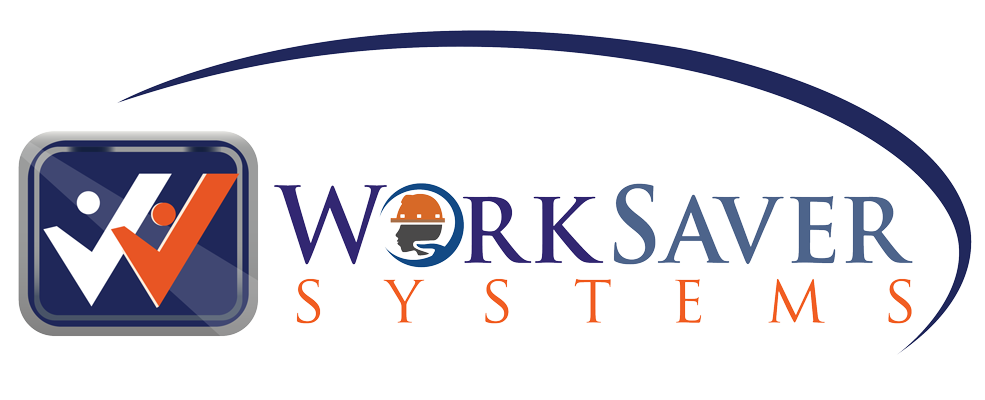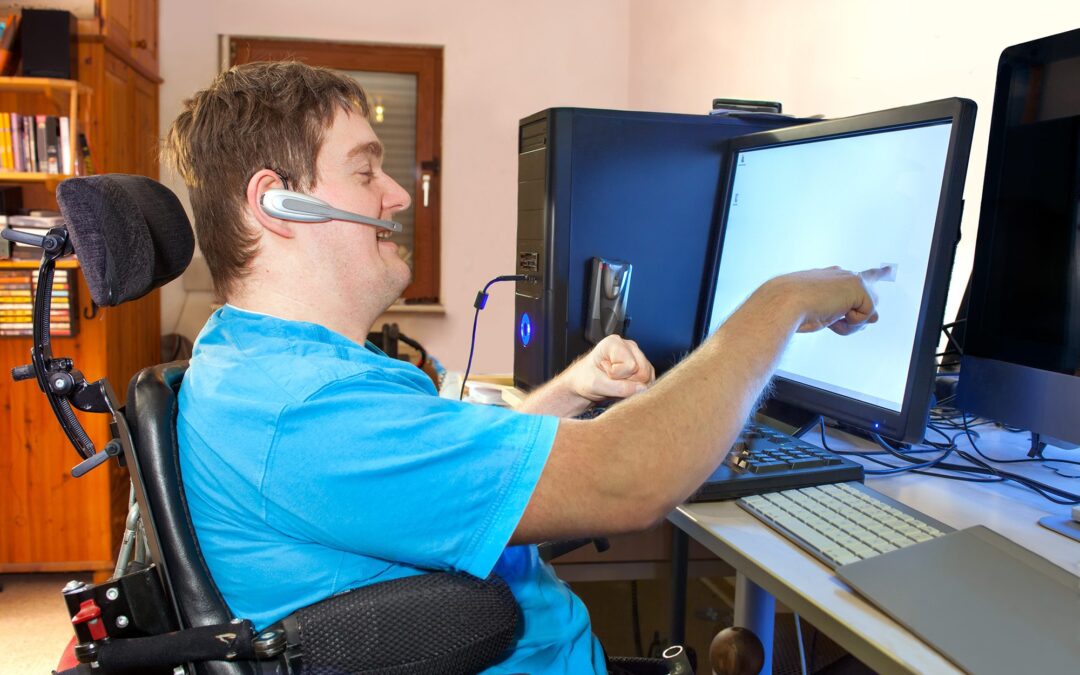By Fiona W. Ong, Shawe Rosenthal LLP –
Lexology, January 31 2024
As the U.S. Court of Appeals for the 4th Circuit explained, for purposes of the Americans with Disabilities Act, “[m]erely labeling a list of suggestions an ‘accommodation request’ is not enough to inform the employer that the employee is requesting workplace changes to address his disabilities, rather than other unrelated issues.”
In Kelly v. Town of Abingdon, the Town Manager suffered from anxiety, depression and high blood pressure, which he attributed in part to political infighting and unprofessional behavior by the Mayor and Town Council. Subsequent to the filing of charges with the Equal Employment Opportunity Commission, attorneys for the Town Manager and two of his colleagues sent a letter to Town authorities seeking changes to “the daily office environment.” Although the letter was entitled “Accommodations Requests” and referenced the ADA, the stated “overall aim” was “to foster a well-running office.” The list of 12 requests included things such as compliance with the Code of Ethics, adherence to defined roles, ending the threats of termination, courteous communications, equal treatment, improved gender diversity, teamwork, and the development of written conduct policies. The letter did not mention the Town Manager’s medical conditions, nor how the requests would alleviate them. The Town Manager subsequently resigned and sued under the ADA for retaliation and interference with his rights to reasonable accommodation, among other things.
The 4th Circuit rejected these claims, noting that while the ADA requires employers to provide disabled employees with reasonable accommodations that enable them to perform their essential job functions, employers need only accommodate those disabilities that are known, and the employee must make an adequate request for accommodation.
The 4th Circuit noted that, “It is not difficult to request an accommodation. To trigger an employer’s duty to accommodate, a disabled employee need only communicate [his] disability and desire for an accommodation.” The employee is not required to identify his precise limitations or identify a specific accommodation; it is the employer’s responsibility to seek clarification through the requisite interactive process.
As the 4th Circuit noted in this case, “not every work-related request by a disabled employee constitutes a request for accommodation under the ADA.” For example, an employee may seek changes for unrelated reasons, such as “the kind of personality conflict that pervades many a workplace.” Although there are no magic words required for the request, it is necessary that the request makes clear that the employee wants assistance for their disability. In other words, “there must be a logical bridge connected the employee’s disability to the workplace changes he requests.” And, as the 4th Circuit notes, “The substance of the employee’s communication, not its title, determines whether the ADA applies.” In this case, the 4th Circuit found the “logical bridge” to be absent, given that the list of requests had “no connection to anyone’s disabilities.”
This case is helpful for employers by requiring employees to articulate at least enough information for the employer to understand that a request for assistance is connected to their disability in order to trigger the ADA. But employers should keep in mind that there are no required “magic words” and be thoughtful in addressing any requests for workplace changes.
Note from WorkSaver Employee Testing Systems:
WorkSaver assists clients with accommodation reviews and also provides accommodation review questionnaires upon request.
For more information on WorkSaver’s services listed below, please call (985) 853-2214 or email our Office Manager, Amy Babin at amyb@worksaversystems.com.
- physical demands validation,
- creation of functional job descriptions,
- ADA & EEOC compliant post-offer, preplacement physical abilities test (PATs) and
- return to work PATs
- ergonomic consulting,
- employee ergo-wellness seminars
- Online CBES certification training in Ergonomics

